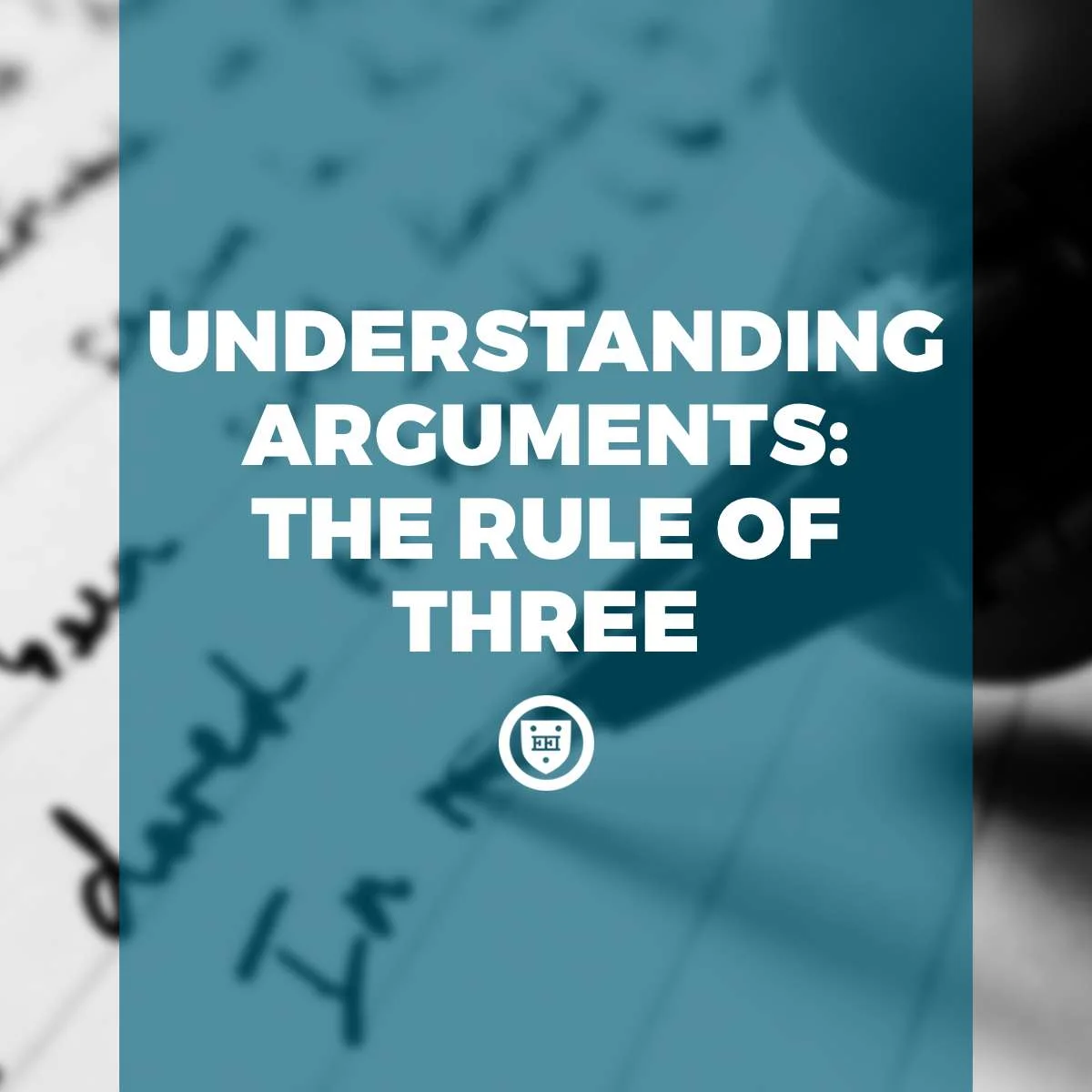Everyone has a compelling story to tell. When I say it’s never too early to begin thinking about your college application essays, what I really mean is: you should start thinking about how to tell a story out of your day-to-day life.
Read MoreOne of the first steps in mastering SAT and ACT grammar is understanding the difference between a complete sentence and a sentence fragment.
Read MoreIt’s the fall of your senior year of high school. Hopefully by now, you have settled—or are at least close to settling—on the list of colleges and universities you’ll be applying to. Now it’s time to sit down and start in on your college essays if you haven’t already.
Read MoreThe UC admissions staff wants to know who you are, and they want to understand your background and life circumstances so that they can better interpret the rest of your application. Through the UC Personal Insight Questions, you have the opportunity to fill them in…
Read MoreI have a friend who likes to tell me about disagreements he has with others. When he tells me about his arguments with his friends, family, or coworkers, he likes to discredit the other side by ventriloquizing his opponents in a baritone and belligerent voice, his mouth drooping, his eyes wide so as to really make it clear: this person who disagreed with me is a dope…
Read MoreAs communication technologies change, so too does digital etiquette. There are ever-evolving, unspoken rules, for instance, to the art of liking or commenting on a friend’s Instagram post. Periods, exclamation points, and no punctuation at all can communicate a wide range of emotions and inflections in a text message. Most teenagers seem to know these rules intuitively.Yet many teenagers are clueless when it comes to emailing professors and college admissions officers. If you’re a college-bound high school student, you need to master the intricacies of email etiquette—or risk offending the wrong people.
Read MoreFor nearly as long as I can remember, I have heard media pundits, teachers, and peers mention the slippery slope by name—not as a logical fallacy, but as the basis for an argument. As it happens, the slippery slope is one of the best-known and least-understood logical fallacies. What follows is devoted to explaining what the fallacy is, how it is erroneously deployed, and why it all matters.
Read MoreTypically, this question stems from a student’s experience with a high school or middle school teacher who advised, even commanded, students to never, ever use first-person pronouns in their essays. And so, when I get this question, I tend to hear a sub-question lying just beneath the surface: was my teacher right or wrong? Or sometimes even: was my teacher good or bad, smart or dumb?
Read MoreDichotomies place two terms in opposition. The problem is that they’re often false. Such terms are often not mutually exclusive or exhaustive. That is, these terms can sometimes overlap, or we’ll find there’s a third or fourth option that such dichotomies conceal...
Read MoreYou may have encountered this writing principle in the Declaration of Independence, fairy tales, novels, or even Aristotle’s Rhetoric. Look closely, and you’ll find the Rule of Three is all around us. Here's how to use it to make your own writing even better.
Read More



